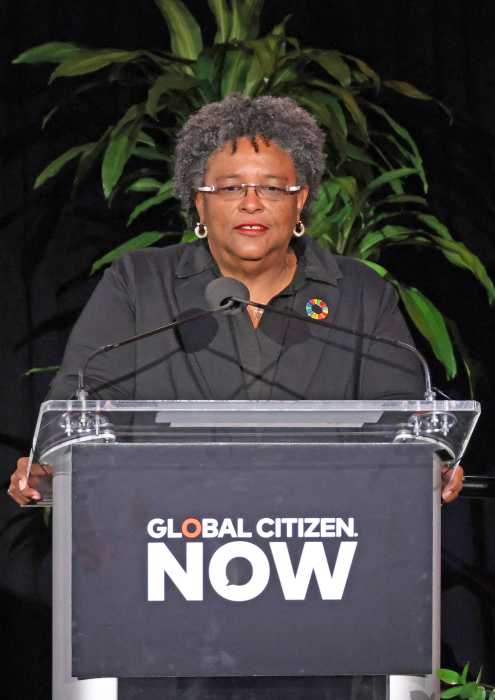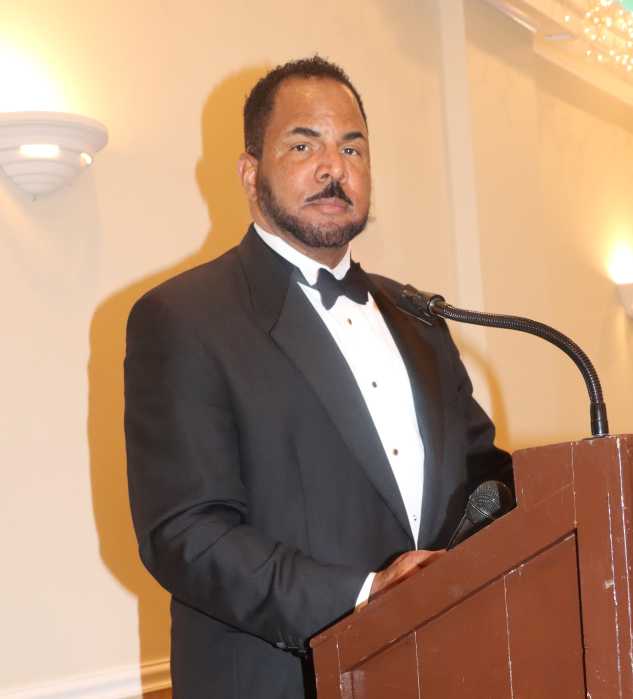The oil and gas petroleum axis in the Caribbean shifted further away from traditional powerhouse Trinidad this week when yet another regional member state declared a major commercial oil find.
Authorities in Dutch-speaking Suriname reported that Texas-based Apache Corporation had struck it rich in an offshore concession right on the border with Guyana and near to some of the largest wells that American supermajor ExxonMobil has discovered in Guyana since 2015. Large amounts of associated gas has also been found according to officials.
State-run oil company, Staatsolie, and global players like Tullow Oil and Repsol which have been active in Suriname had been waiting on such a moment for decades especially because industry experts had long declared the Guyana-Suriname Basin as containing one of the largest untapped reserves in the world decades ago.
The find now means that like Trinidad, Suriname has found oil reserves both on and offshore. Its onshore wells currently produce about 16,000 barrels daily of high sulphur content oil but Apache says that the black gold from the Maka-I well is sweet light crude similar to that found across the border with Guyana. This type requires less refining than those with high sulphur content and largely fetches higher prices on the international market.
Additionally, the discovery also means that the country could breathe a collective sigh of relief after a string of dry holes that both Staatsolie and Texas-based Kosmos Energy have encountered in recent months.
The news comes just over a week after Suriname took control of a major hydroelectricity project from US-based Alcoa bauxite company after nearly 100 years. The dam produces about 180 megawatts of power for the national grid.
Rufolf Elias, director of Staatsolie, said the find could change the economic circumstances of the country of about 500,000 people. The country’s economy has been taking a beating in recent years largely because of declining bauxite production and fluctuating prices for gold and rice, the major exports.
“We have been waiting for this moment for years,” said Elias. “Let’s see if we, like Guyana, also get discovery after discovery. This is of course wonderful. It is especially for my children and children’s children that I am happy.”
Head of State Desi Bouterse, handed a major political gift ahead of general elections on May 25, was elated at the find, suggesting that “we have to keep a cool head. Let us remove all negativity and see how, with this enormous find of providence, we can further map out the path for our children and children’s children,” said the head of state during a short press briefing.
The announcement skyrocketed Apache shares on international markets and helped to raise its profile. The oil was found in a well about 73 meters deep and about 50 meters wide. French major Total had just in December bought into Apache’s investment in Suriname. Experts say the development and production schedule going forward will more than likely mirror that of neighboring Guyana with oil being stored on massive Floating Production Storage and Offloading vessels (FPSOs) as the wells are more than 100 miles offshore and too costly to pipe to shore. Production could begin an about five years like Guyana. Exxon announced official oil production start up in Guyana on the night of December 20th but Suriname’s future depends on the number of finds from additional drilling in the coming months.
Elias said that hopes are high for the Sapakara West-1 well now being explored. It is about 14 miles from Maka-1.
The latest development in the regional oil and gas sector will likely spur greater urgency of a number of Caribbean Community block member nations to step up exploration. Governments in Jamaica and Grenada have reported strong indications of the presence of hydrocarbons offshore, while Barbados is counting on its geographic nearness to Trinidad as it prepares to restart offshore exploration. The Bahamas has also announced similar plans, being near the oi-rich Gulf of Mexico.

























